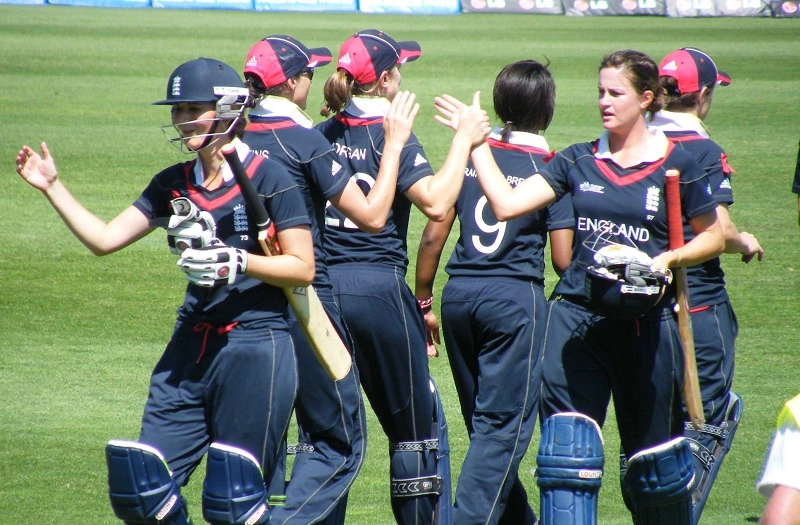“Discrimination against non-ethnic people in English cricket is deep rooted”- ICEC Report
In a shocking report by the Independent Commission for Equity in Cricket (ICEC), titled “Holding up a Mirror to Cricket,” revealed the ugly picture of English cricket as it is plagued with racism and sexism, making it difficult for non-English cricketers to play for the country. Women cricketers too are the victims of this discrimination. The ICEC interviewed 4000 individuals, among whom 50 percent revealed that they faced some kind of discrimination in cricket. The stats are high for those who are from non-ethnic communities; 82% of people of Indian origin faced discrimination, whereas the percentage goes to 87% when it comes to individuals of Pakistani and Bangladeshi origin.
Not only Indians, Pakistanis, and Bangladeshis, but also those who are black in race—nearly 72% of these individuals faced racism. English Women cricketers are no different, and they have been treated as subordinates to men’s cricketers, making it difficult for them to have their voice heard in decision-making in English Cricket. There are a total of 44 recommendations given by the commission to the England cricket board on where work needs to be done to curtail discrimination in cricket so that each individual, whether ethnic or non-ethnic, men or women, gets equal opportunity in cricket.
Apart from mentioning racism and sexism in English cricket, the commission also highlighted the class difference in cricket, as private schools are dominating the path and there is a mere representation of the state schools in cricket due to these socio-economic barriers. England cricket is class divided, mentioning the drinking culture in cricket that makes the environment uncomfortable for the women cricketers. The commission lashed out at the board as it makes things difficult for individuals of different ethnicities or religious beliefs.
“There is little to no focus on addressing class barriers in cricket. Private schools dominate the talent pathway, there is scarce provision of cricket in state schools and there are substantial cost barriers faced by those from lower socio-economic backgrounds,”
Cindy Butts, Chair of the Independent Commission for Equity in Cricket (ICEC), said.
Read More: How MS Dhoni became India’s captain?











